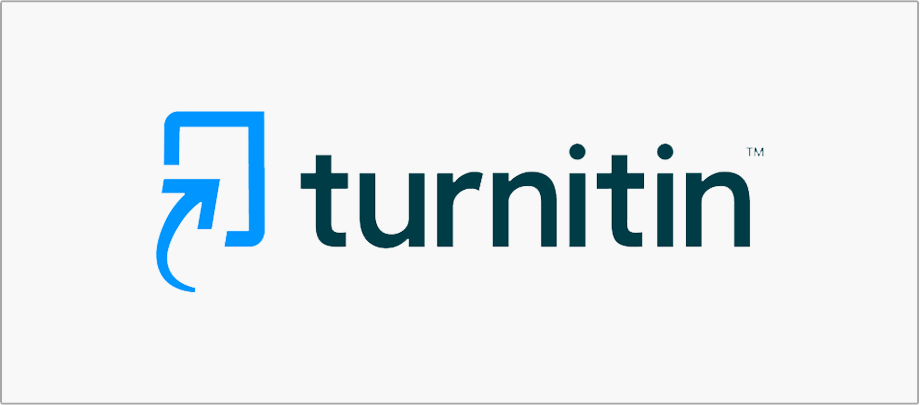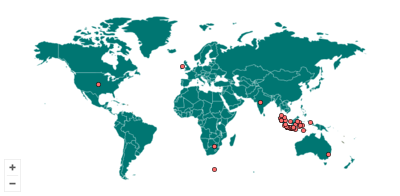HALAL CERTIFICATION FOR BUSINESS OPERATORS ACCORDING TO ISLAMIC LAW AND STATE LAW
DOI:
https://doi.org/10.22373/al-mudharabah.v5i2.6570Keywords:
Aceh Selatan, Makanan Halal, Fiqh Muamalah, UU Kehalalan, IndonesiaAbstract
Halal certification is a legal policy established by the government for business operators to provide protection, security, and legal certainty to the public. This study aims to examine the problems faced by business operators in implementing halal certification policies in Sawang District and how halal certification is analysed for business operators in Sawang District from the perspective of the JPH Law and Fiqh Muamalah. This article is written using a conceptual and statutory approach. This research is of a legal-empirical nature. The findings reveal that, under the JPH Law, food and beverage businesses in Sawang Sub-district have the freedom to choose whether or not to obtain halal certification, while under the SJPH Regulation, such businesses are obligated to apply for halal certification for products that are not yet certified. Here, the provisions of the SJPH Qanun are more binding on business operators and are supported by administrative sanctions for those who do not obtain halal certification. In the Fiqh Muamalah review, halal certification is considered a means (wasilah) to achieve the goal of halal consumption, and the benefits contained in the halal certificate fall under the category of maṣlaḥah mursalah. Therefore, the government has the authority to impose obligations on businesses to obtain halal certification for their products and also has the authority to impose legal sanctions on businesses that fail to obtain halal certification.
Downloads
Published
How to Cite
Issue
Section
License
Copyright (c) 2025 Al-Mudharabah: Jurnal Ekonomi dan Keuangan Syariah

This work is licensed under a Creative Commons Attribution-NonCommercial-ShareAlike 4.0 International License.












